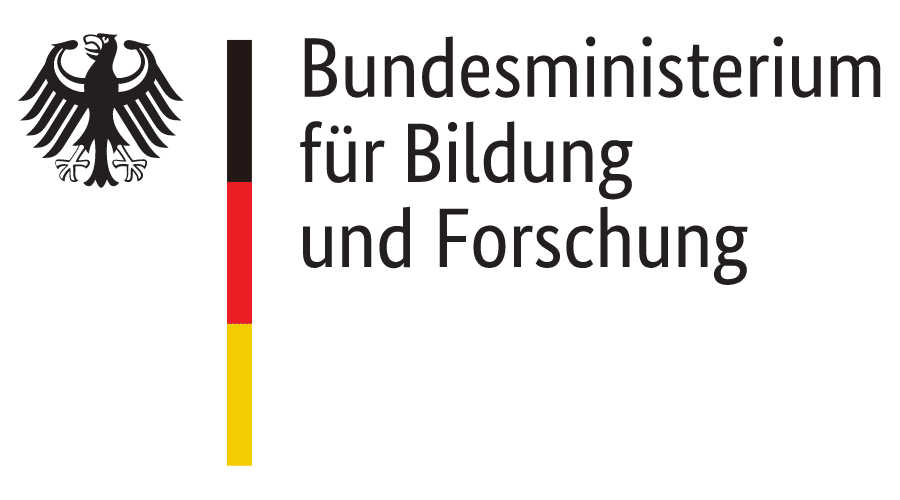Sustainable land use in low-precipitation areas: economic, political, institutional and social factors
What is it about?
The SuLaMo project pursues an integrated approach to strengthen agriculture under arid and semi-arid conditions using the example of Morocco. SuLaMo addresses the improvement of crop productivity through novel, water-saving soil management and irrigation techniques, such as mulching and subsurface drip irrigation, as well as autonomous energy supply through solar photovoltaics and capacitive deionization as an innovative desalination process. The work package of the University of Kassel deals with the economic, political, institutional and social factors that affect the design, implementation, (cost) effectiveness and acceptance of the approaches investigated in the pilot studies.
The analysis focuses on the legal framework and policy measures, the characteristics of the key actors involved at all levels and the biophysical-technical characteristics of the agro-ecosystems and management systems studied, as well as the informal institutions (e.g. local rules, traditions), especially regarding land and water use, and forms of governance. Guided interviews with key actors at all levels (e.g. farmers, administration) and focus groups are central elements of the empirical approach.
Profile
Specialty
International Agricultural Policy and Environmental Governance
Faculty of Ecological Agricultural Sciences
Contact us
Prof. Dr. Andreas Thiel
PD Dr. Christian Schleyer
Dr. Majdi Gouja
Runtime
2/2022 - 1/2025
Project website
Interim results
In the first phase of the project, an ex-ante analysis of economic, political, institutional and social factors that could promote or hinder the implementation of innovative soil management and irrigation techniques was carried out.
Here, the central importance of
- the distribution and implementation of formal and informal land and water use rights,
- state support programs and
- of - usually insufficient - administrative and political support.
could be worked out.
